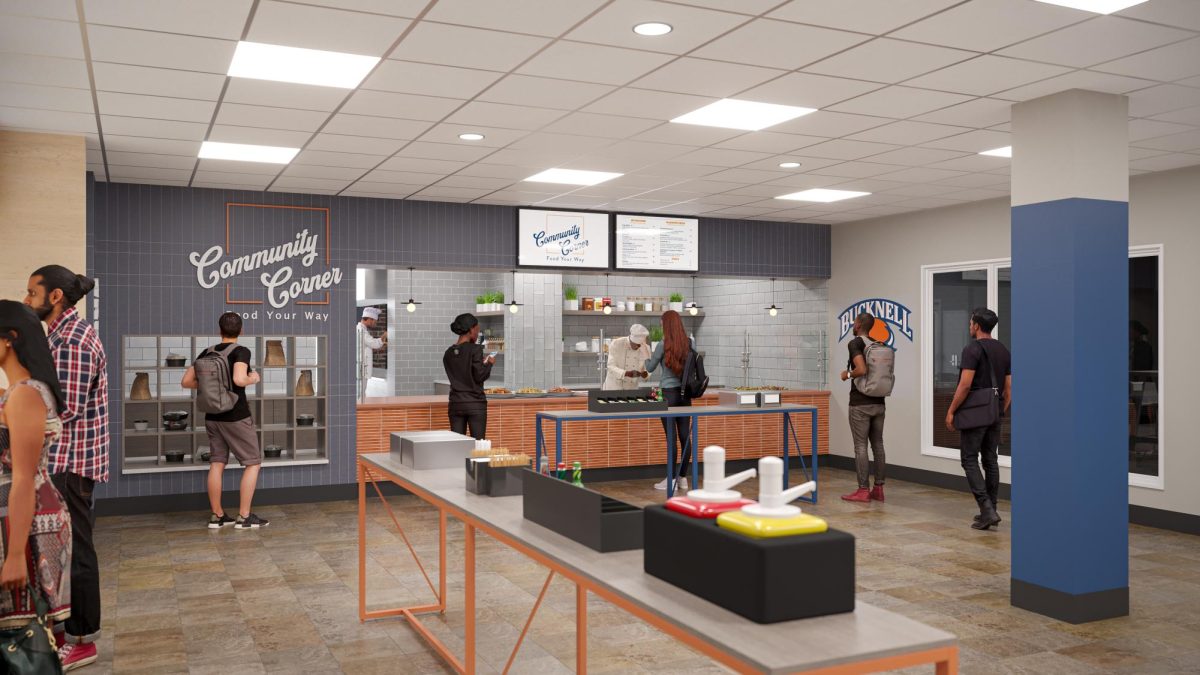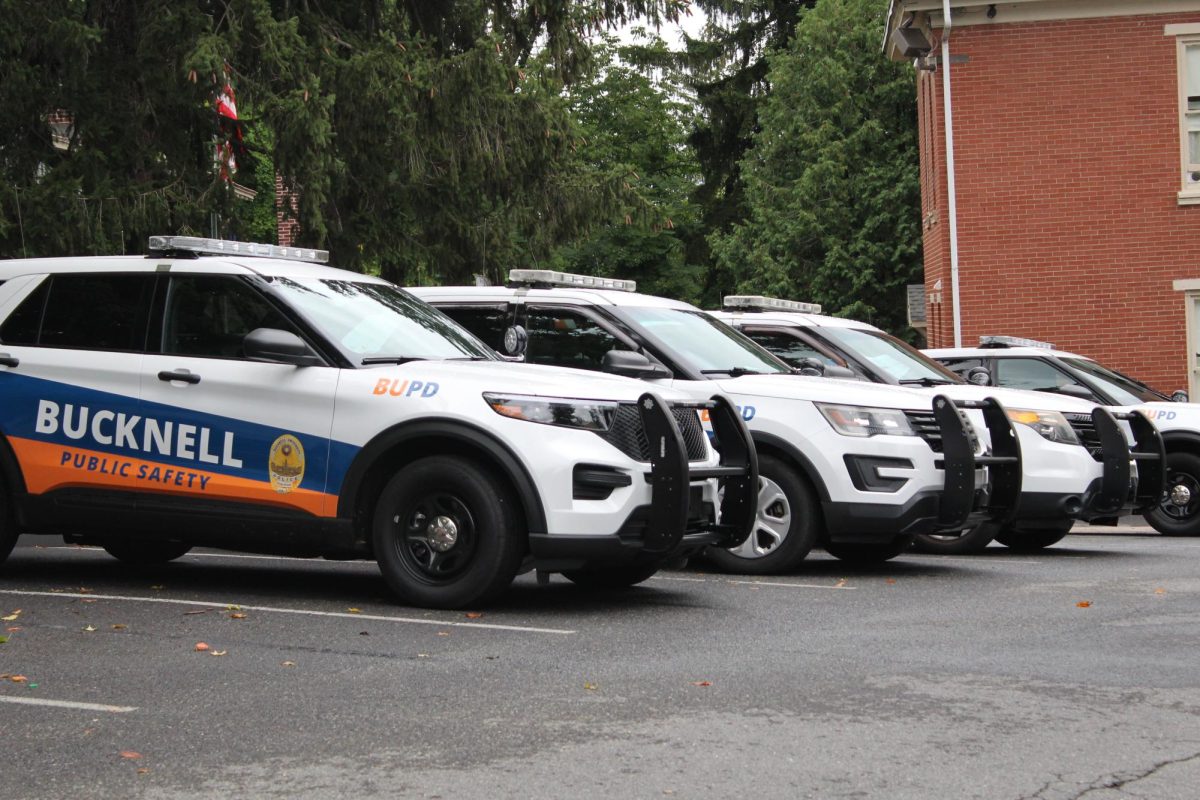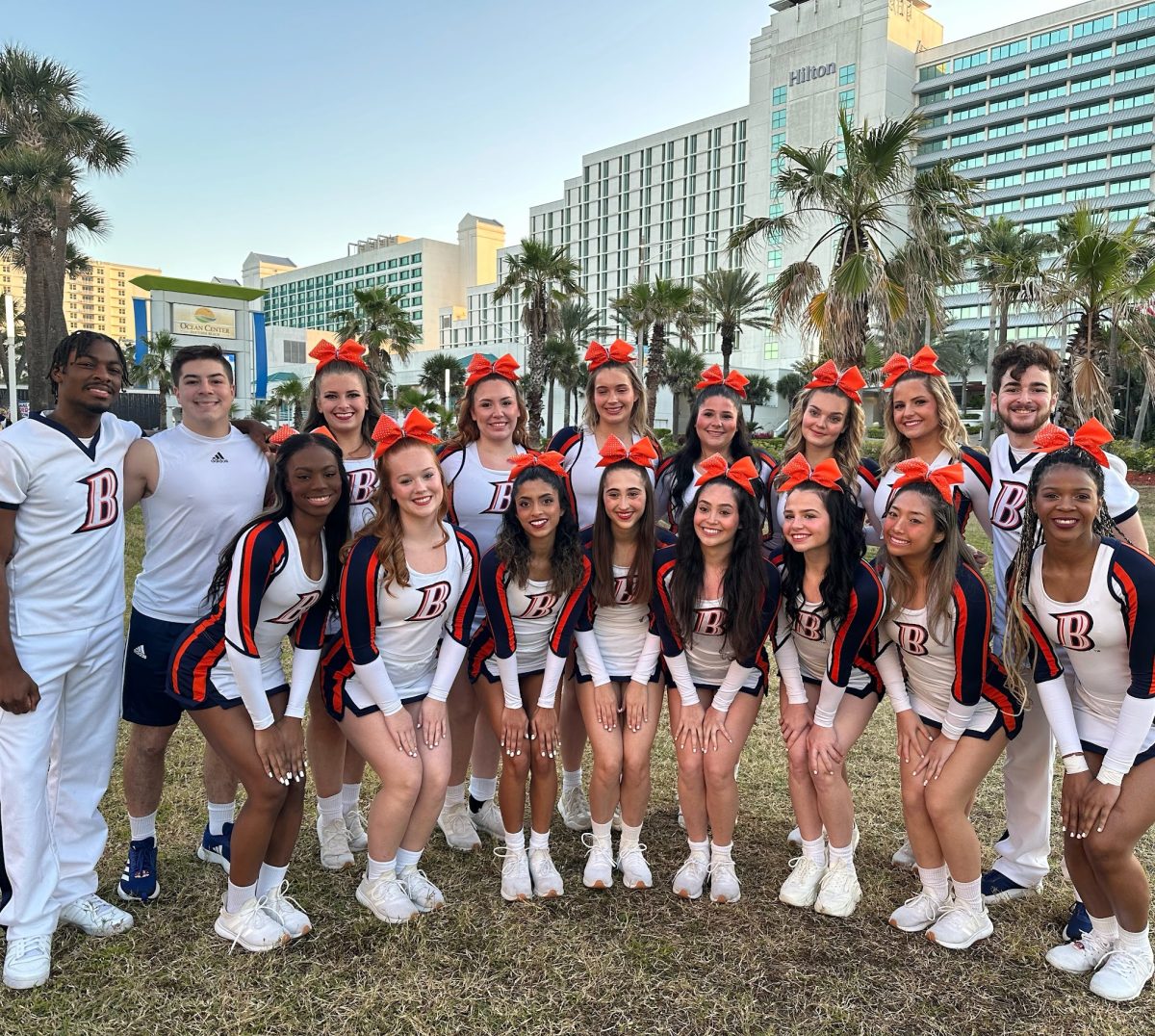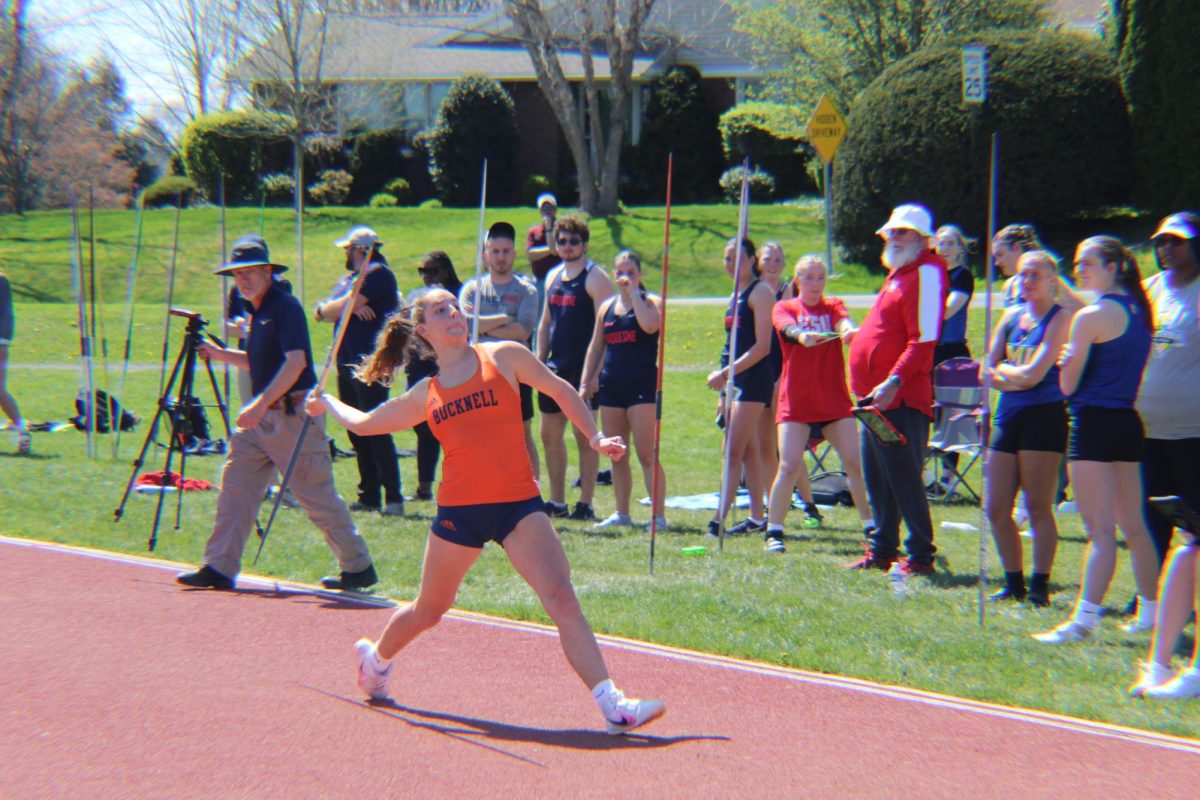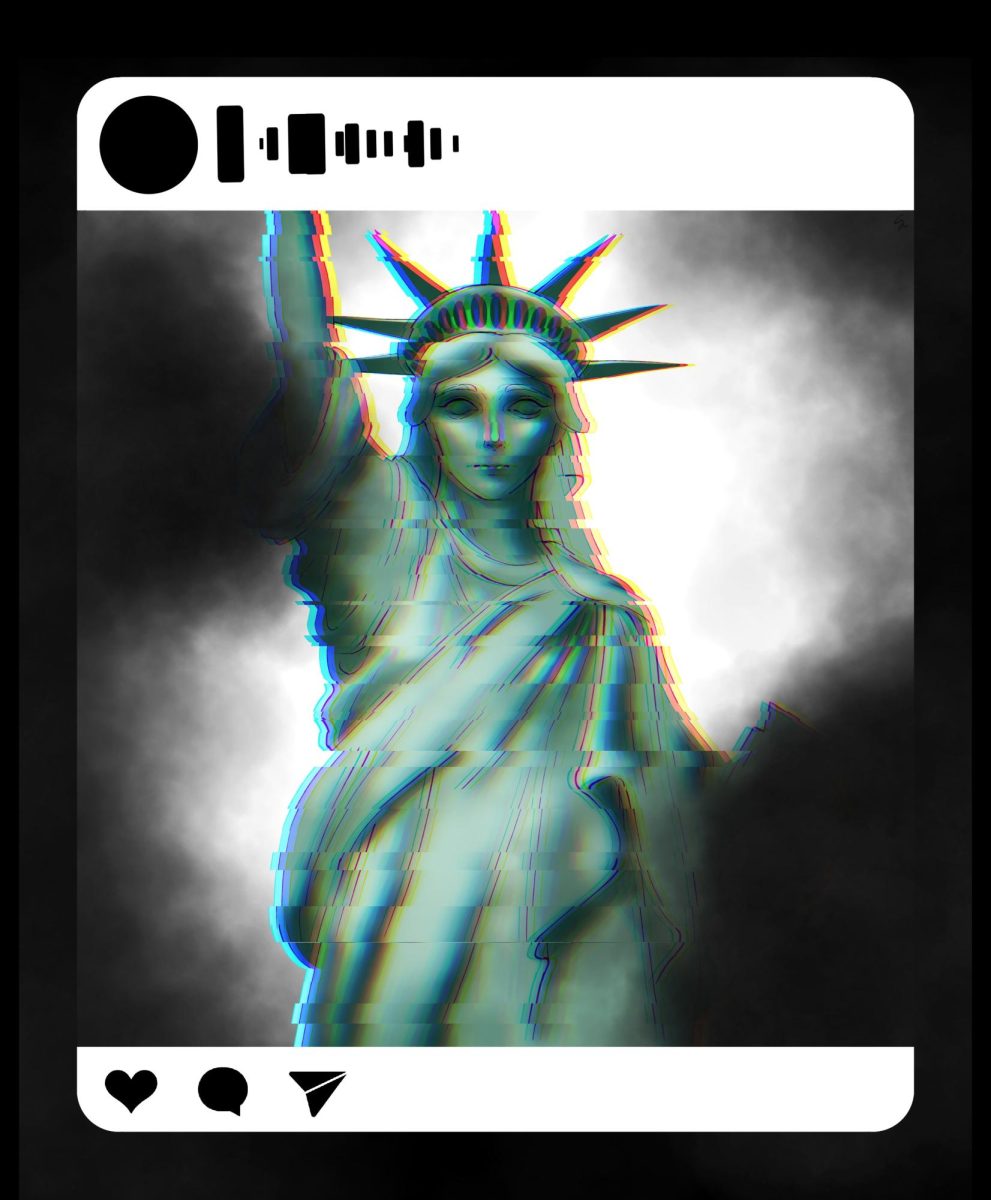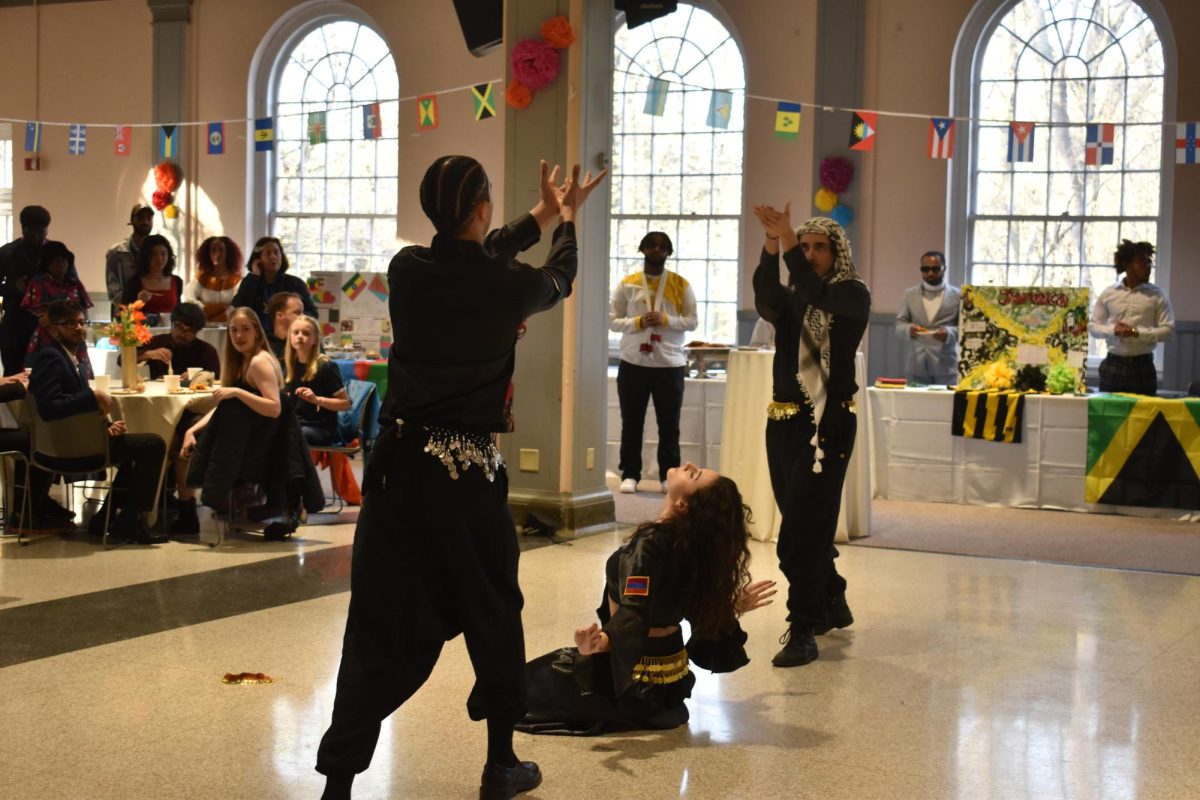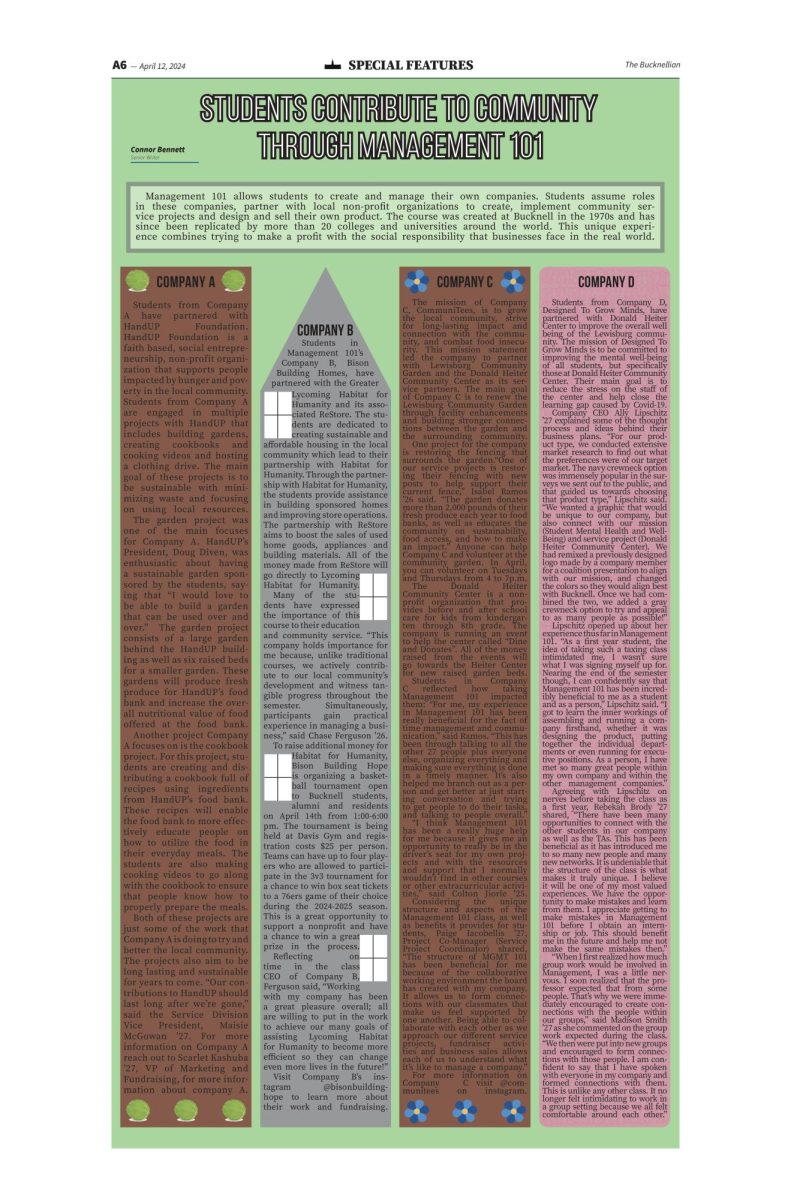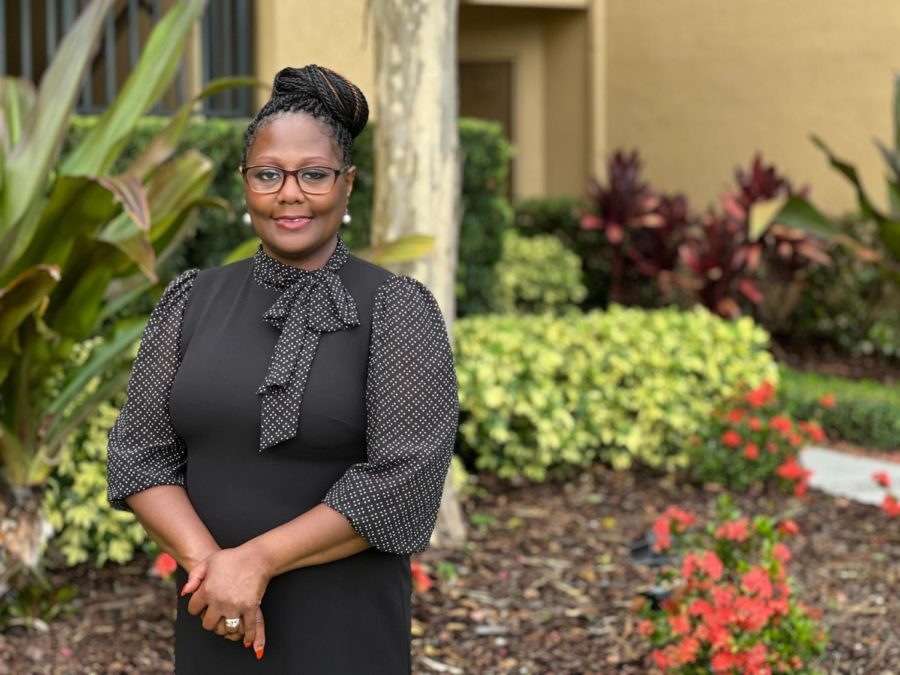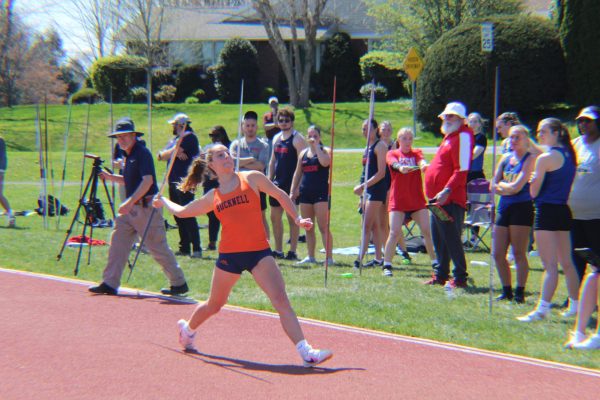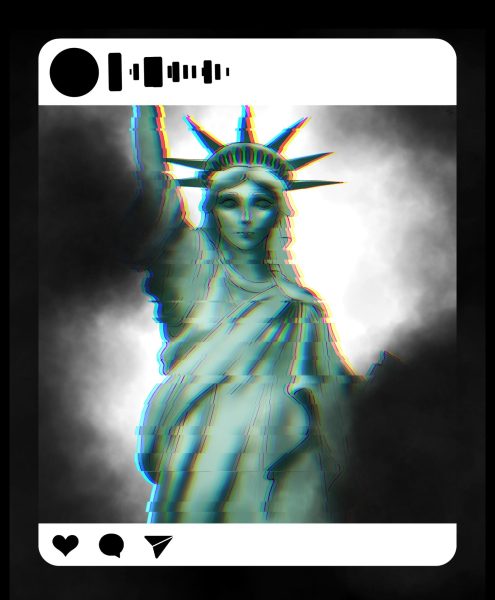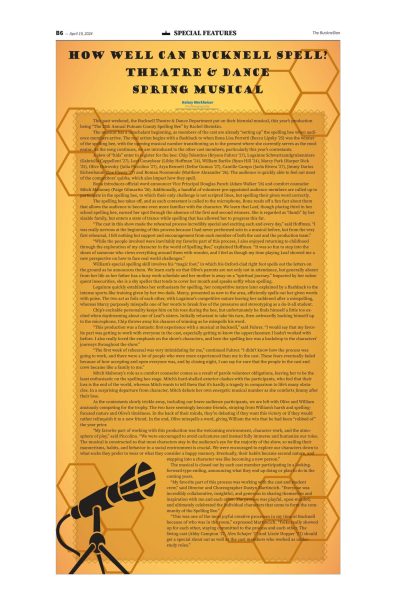Four questions with new vice president of Human Resources
October 7, 2022
Bucknell welcomed Nicole Whitehead to its campus this semester as the new Vice President of Human Resources.
Prior to Bucknell, Whitehead worked as the chief human resources officer at Joliet Junior College, director of human resources and community engagement at Sweet Briar College and as a human resources training and organizational development officer at Catawba Valley Community College.
She received her bachelor’s of science in business and her master’s of business administration from Lewis University. Whitehead continued to pursue her education and earned a doctorate in education degree in higher education and organizational change from Benedictine University.
“We welcome Dr. Whitehead’s experience as a human resources visionary as we emerge from the pandemic and navigate today’s evolving workplace,” President John Bravman said in a July press release. “Her experience as a proven DEI leader will also help guide our community as we seek to achieve key University diversity initiatives outlined in The Plan for Bucknell 2025.”
The Bucknellian asked Whitehead a few questions about her background and her time at the University so far, which she answered in an email.
What inspired you to pursue a career in human resources and diversity equity and inclusion?
“I actually did not know I wanted to work in human resources; I spent the first half of my career in banking and e-commerce senior leadership. While working in that space, I was drawn to committees and projects related to diversity, equity, inclusion, and social justice. My first ‘big’ project related to HR was building a talent development and mentoring program that encompassed all levels of the organization with a specific focus on identifying minority employees and women that were high potentials for promotion. I began to have conversations with employees through focus groups and 1:1s to learn that so many did not feel a sense of belonging or value. The stories shared with me revealed my personal lack of intercultural competence to navigate what was being shared with me appropriately. I then began my journey to increase my personal knowledge of DEIBSJ and seek how I could make a difference from my seat. During this time, I embraced my purpose to help others. Specifically in the HR space, to help others remove barriers that prevent them from showing up ‘whole’ with equitable access to excellent pathways. It means a lot to me for people to be seen and valued for who they are, not just what they can do.”
How has your time at Bucknell been so far?
“It has been busy for sure; I am learning and listening a lot; I have met some amazing people. We are in the midst of a shifting landscape in higher ed employment and this is a challenging yet exciting time to be a human resources professional. I have an amazing group of human resource professionals that I am blessed to engage and thought partner with daily. Everyone that I have met has been transparent about successes and challenges; which excites me about our capacity for reimagined excellence in our present as well as our future.”
What drew you to Bucknell and what do you think makes Bucknell special?
“Who wouldn’t want to work at Bucknell? I saw the impact on students’ lives through the mission, education and overall experience at Bucknell. I experienced the people that are graced to do this work during my interview; from the groundskeepers, public safety, faculty, staff, etc and I thought, what a grand idea to take my experiences and add them to the remarkable talent already at Bucknell to continue to make a difference in students, employees and the community members lives. Truthfully, the work at Bucknell helps me to fulfill my sense of purpose by helping people unleash what makes them uniquely phenomenal as well.”
What are your goals for your future here at Bucknell as the Vice President of Human Resources?
“Goals would include retaining our talent and attracting new ones through programming, benefits, and engagement strategies; collaborating across the university to conquer the ‘hard stuff’ that creates barriers to an inclusive environment for all employees and students; lastly creating spaces for everyone to connect, learn, engage and have fun in the process.”
